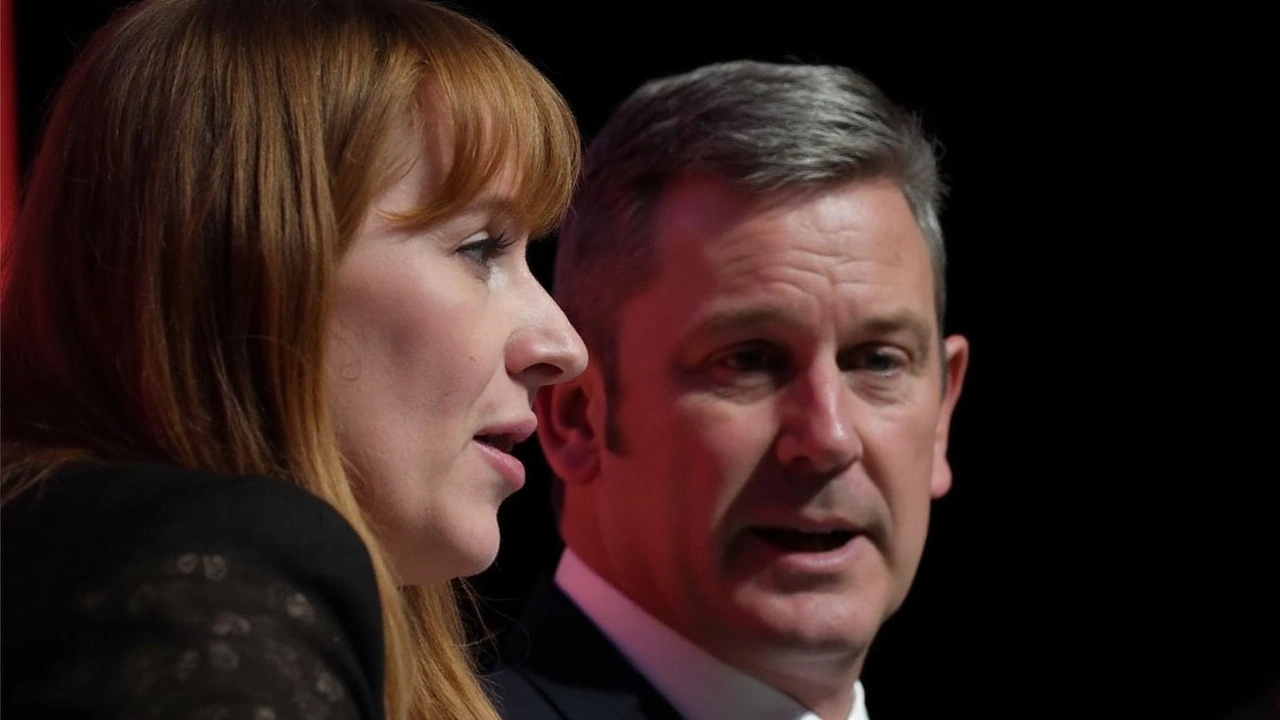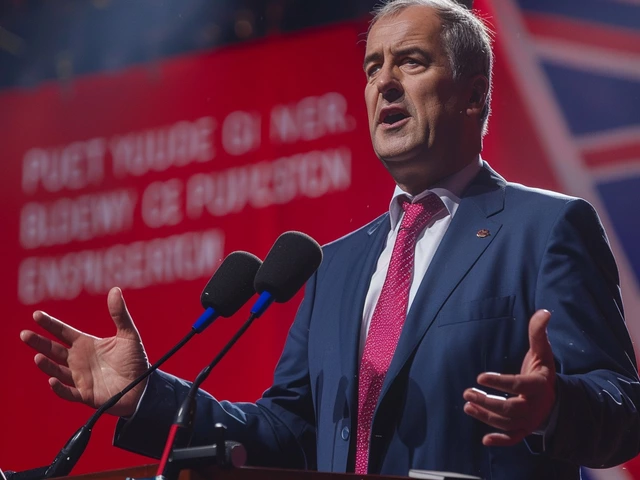Rayner’s exit forces a rapid reset at the top of government
In one day, the centre of power at Westminster shifted. Angela Rayner resigned as deputy prime minister, housing secretary, and deputy leader of the Labour Party after the government’s standards adviser, Sir Laurie Magnus, ruled she breached the ministerial code over stamp duty on a property in Hove, East Sussex. Keir Starmer responded with a sweeping cabinet reshuffle designed to stabilise his government and tighten delivery after recent defeats in the Commons.
David Lammy, until now foreign secretary, moves to justice secretary and becomes deputy prime minister in government. That separates the roles of deputy PM and the party’s deputy leader. With Rayner stepping down from the party post too, Labour now faces the practical task of setting a timetable for a deputy leadership contest while keeping the government machine running.
Starmer’s selections point to one theme: proven operators who can move policy from press release to reality. Pat McFadden, one of Starmer’s closest allies, takes charge of a new “superministry” joining the Department for Work and Pensions with skills responsibilities previously housed in the Department for Education. The goal is straightforward—link welfare, training, and jobs so people who can work get the skills to do it and employers can find staff more easily.
Housing, long billed as the make-or-break test for this government, goes to Steve Reed, a loyalist with a promise to unblock stalled projects. Business now lands with Peter Kyle, who is asked to calm relations with company bosses frustrated by higher employer national insurance bills and new workers’ rights rules. The investment brief, often an afterthought, gets a jolt with the appointment of Jason Stockwood—the businessman and Grimsby Town Football Club chairman—who enters the Lords to take up the role.
Chancellor Rachel Reeves was confirmed early to stay put, a deliberate move to avoid financial jitters. Ian Murray is out as Scotland secretary, signalling a rethink of the government’s approach north of the border. Junior ranks shift too: Anna Turley moves into a Cabinet Office post, Ellie Reeves becomes solicitor general, and Alex Norris joins the Home Office ministerial team.
- David Lammy: justice secretary and deputy prime minister
- Pat McFadden: head of new work, pensions and skills superministry
- Steve Reed: housing secretary
- Peter Kyle: business secretary
- Jason Stockwood: investment minister (via life peerage)
- Rachel Reeves: remains chancellor
- Ian Murray: removed as Scotland secretary
- Anna Turley: minister of state, Cabinet Office
- Ellie Reeves: solicitor general
- Alex Norris: minister of state, Home Department

What Starmer is trying to fix—and the risks
This reset is about control, clarity, and pace. After a string of Commons setbacks, Starmer wants an “irreducible core” of ministers who can get legislation through, land reforms, and communicate a story the public can follow. That means fewer moving parts and tighter accountability—especially on welfare-to-work, skills, and housing, where public patience is thin and delivery is measurable.
The McFadden superministry is the clearest bet. For years, Britain’s system has sent unemployed people to one department for benefits and sanctions and another for training that often began too late or missed local employer needs. Folding skills into the DWP is meant to close that gap. The upside is speed and coherence. The risk? A giant department can bog down, and education policy may lose nuance if it’s seen mainly through a labour market lens. Success will turn on whether local colleges, training providers, and employers get a say in what skills are funded, and how quickly courses align with real vacancies.
On business relations, Peter Kyle’s brief is part repair job, part reset. Employers have bristled at higher NI costs and the compliance load from new workplace rules. The government’s wager is that a clearer roadmap—what changes land when, what flexibility is offered, what investment incentives offset new costs—can steady nerves. Expect more structured engagement with industry groups and sector roundtables focused on hiring, energy costs, and planning timelines.
Housing is the hardest nut. “Build, build, build” only works if planning moves faster, local objections are managed, and capacity—skills, materials, grid connections—keeps up. Steve Reed’s first tests will be planning decisions already on ministers’ desks and whether he brings forward targeted planning reform. Watch for signals on brownfield prioritisation, density near transport hubs, and how infrastructure funding is sequenced so projects don’t stall after approval.
Jason Stockwood’s appointment as investment minister hints at a more entrepreneurial pitch to global and regional capital. Ministers want deals that can be announced quickly and then delivered—logistics hubs, advanced manufacturing, clean energy ports—rather than a scatter of small grants. A peer in the role gives him a seat in Parliament and, in theory, faster access across Whitehall. The measure of success is simple: more projects reaching financial close and spades in the ground within months, not years.
Scotland policy will also evolve after Ian Murray’s removal. Expect a tighter focus on visible, bread‑and‑butter delivery—jobs, transport, NHS waiting times—alongside a cooler, more procedural tone on constitutional sparring. The UK government will want fewer headlines and more quiet progress that can be pointed to in council and Holyrood contests.
Keeping Rachel Reeves at the Treasury is about continuity. Markets have long memories; sudden shifts at the exchequer can spook investors even when policy is unchanged. Holding Reeves steady lets No 10 change the faces elsewhere without sending mixed signals on tax, borrowing, or spending rules.
The ethical backdrop matters. Rayner’s departure following Sir Laurie Magnus’s finding of a ministerial code breach underscores a message Starmer has pushed since day one: standards apply, even when they hurt. Whether voters see this as proof of integrity or just more political drama will depend on what happens next—especially on pay packets, rents, and waiting lists.
Delivery now runs through three choke points: the new work-and-skills engine under McFadden, a business compact that feels credible to employers, and a housing push that actually increases starts. Each requires machinery-of-government changes that are messy in the short term—moving budgets, merging teams, rewriting targets. That is time-consuming, but if it trims duplication, the payoff can arrive within a year.
The politics are straightforward. Labour needs to show grip, not just in press conferences but on the ground—training courses that fill up and lead to jobs, housing sites that break ground, investment announcements that survive contact with reality. The reshuffle narrows the cast to people Starmer believes can do that. The test starts now: tighter coordination in Whitehall, fewer surprises in the Commons, and a clearer explanation to voters about what changes when—and by when.




